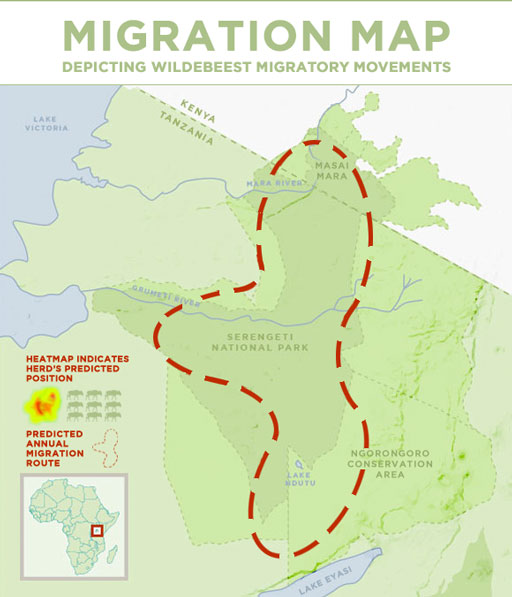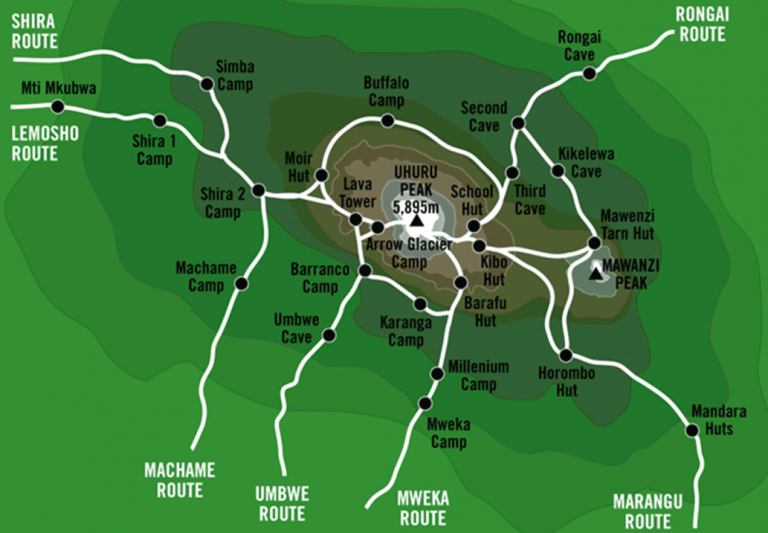What to pack for your climb to Kilimanjaro
Climbing Mount Kilimanjaro without the right gear could spell disaster. It’s the difference between enjoying your trek and hating it. It is of the utmost importance to make sure you have the right gear. One of your most important factors when embarking on any multi-day trek is the amount you pack and have to carry on your back. An essential part of your preparation will be to ensure that you are well equipped for your summit attempt.
Remember that you will be on the mountain for at least 5 or 6 days. Being highly selective in the gear you pack is vital to the success of your trek. Carry gear for all types of weather in your backpack since it can change to both extremes. Some of the most important climbing gear to invest in is a high-quality all-weather-proof jacket which is fully lined. Pack rain- and windproof outerwear made of lightweight material, a hat, and sunglasses. pack your most important hiking gear in your carry-on luggage. Due to frequent rainfall as well as numerous streams on the routes, it is advisable to pack items individually in your bag. This includes your hiking boots, a waterproof jacket, fleece, and thermal layers, toiletries, medications, snacks and travel documents.
One of the essential items for your climb is a pair of waterproof boots that have been broken in on your long training hikes with the same style of socks you plan on wearing. Invest in good quality hiking boots with proper grip and ankle support. Poor-fitting, new or little-used boots will result in blistering feet. Even if boots are only slightly too small, your toes will get bruised, particularly on your descent. Blisters are the enemy, as are cold feet, so an extra pair of warm socks and liners is key. Hand and neck protection is also necessary. Freezing fingers, toes and a cold neck are no fun so make sure you bring extra warm gear to keep from getting cold. You can always peel off layers later.
Some other important gear includes a headlamp, with enough replaceable batteries, collapsible trekking poles, a 30-liter daypack, and a 3-liter water bladder or camel pack. It should be noted that Tanzania has implemented a ban on the use of single-use plastic bags since the 1st of June, 2019. Climbers ensure that none of the items in their luggage are packed in plastic bags. Also, disposable plastic bottles are not permitted on Kilimanjaro.
Be selective in what you take with you. Tour operators supply each climber with their porter. Please note that porters are limited to carrying 33 lbs (15 Kg) of your personal belongings. Anything over and above that, you will need to carry yourself. It’s recommended that you carry no more than 20lbs of your gear and snacks each day.









